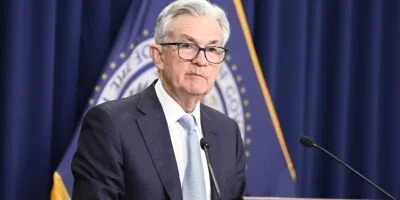Sound Money Project Essay Contest
The Sound Money Project Essay Contest is designed to promote scholarship in monetary and macro- economics. More specifically, it aims to encourage those working at the cutting edge of the discipline to consider the monetary institutions that would reduce nominal disturbances and promote economic growth.
In 1971, President Richard Nixon ended convertibility, thereby eliminating the last vestiges of the gold standard. The classical gold standard, which prevailed from 1873 to 1914, had anchored inflation expectations, enabled longterm contracting, and promoted international trade. This historical experience has prompted several reconsiderations of resumption over the years, including the Gold Commission in 1980, the International Financial Institution Advisory Commission of 1998, and, more recently, calls for a Centennial Monetary Commission. What are the merits of returning to the gold standard? Is such a system feasible today?
Prizes:
First Prize $10,000
Second Prize $2,000
Third Prize $1,000
Winners will also be invited to participate in the Sound Money Project annual meeting in Great Barrington, Massachusetts.
Eligibility:
The contest is open to graduate students, post-graduates, untenured professors, and tenured professors from any discipline. Former winners and current AIER fellows are ineligible. Former entrants are eligible, but must submit new essays.
Rules:
Essays must be the sole and original work of the entrant and not previously published. They should be in the format of a scholarly article. Any standard citation format (e.g., MLA, APA, Chicago, Harvard, etc.) is acceptable. Essays may either be written specifically for the contest or arise from previous work (e.g., term papers, dissertations, research projects, etc.). Essays shorter than 4,000 words or longer than 12,000 words will not be considered. AIER-affiliated scholars are ineligible.
Submission Instructions: Please submit your paper here.
Deadline: August 1, 2019









